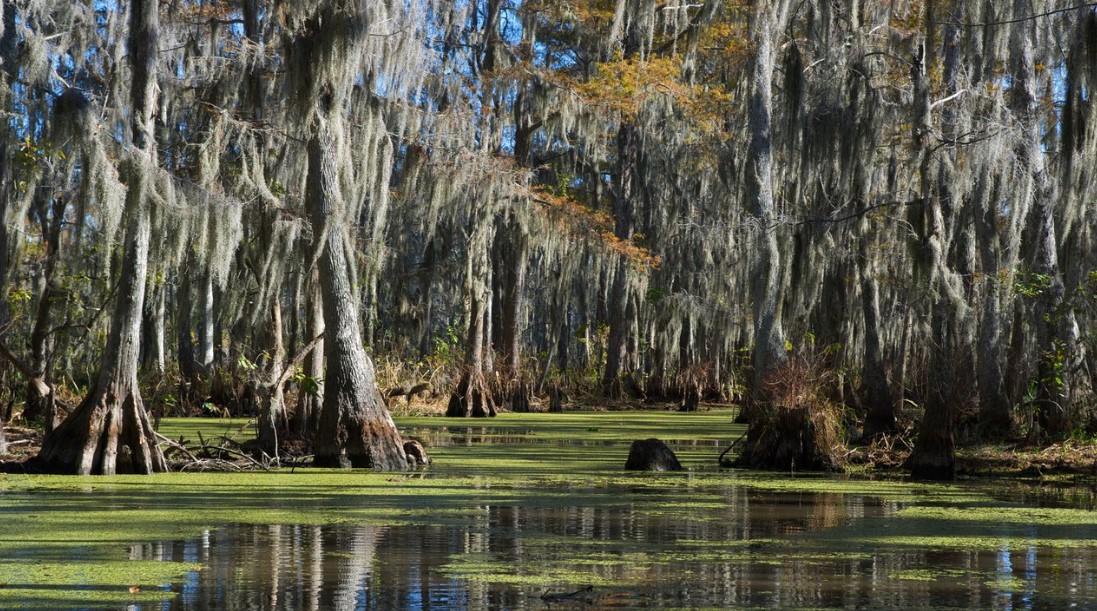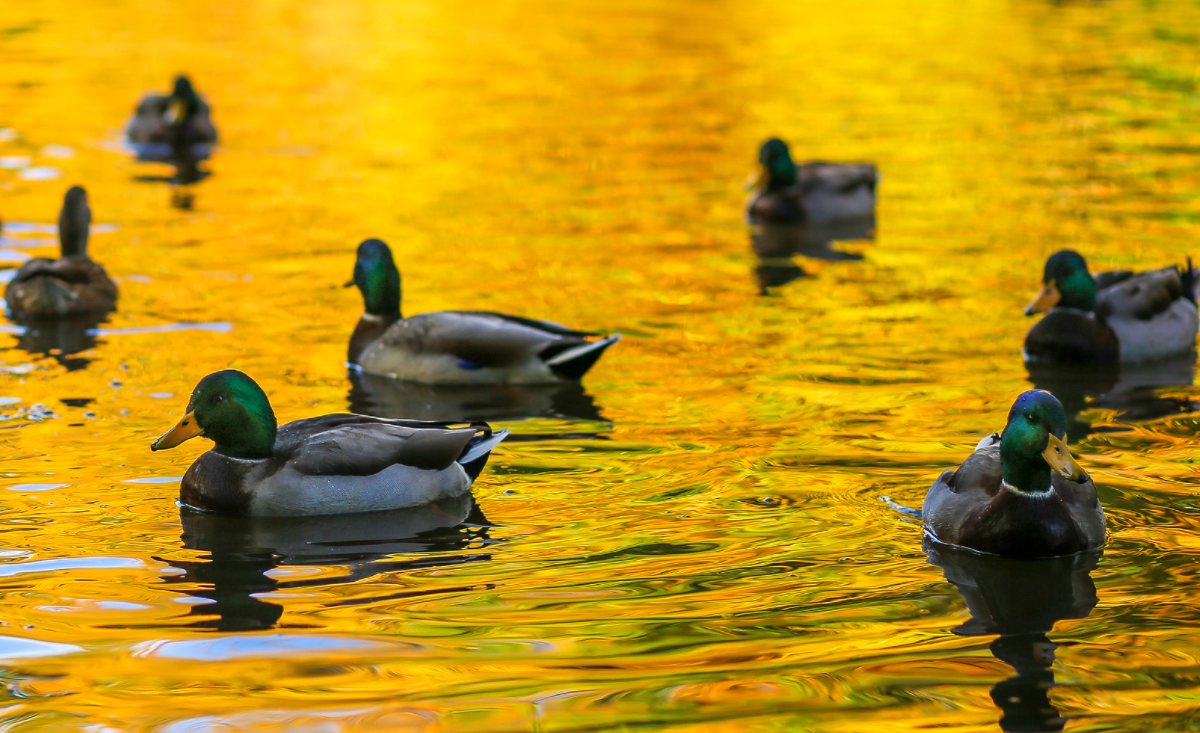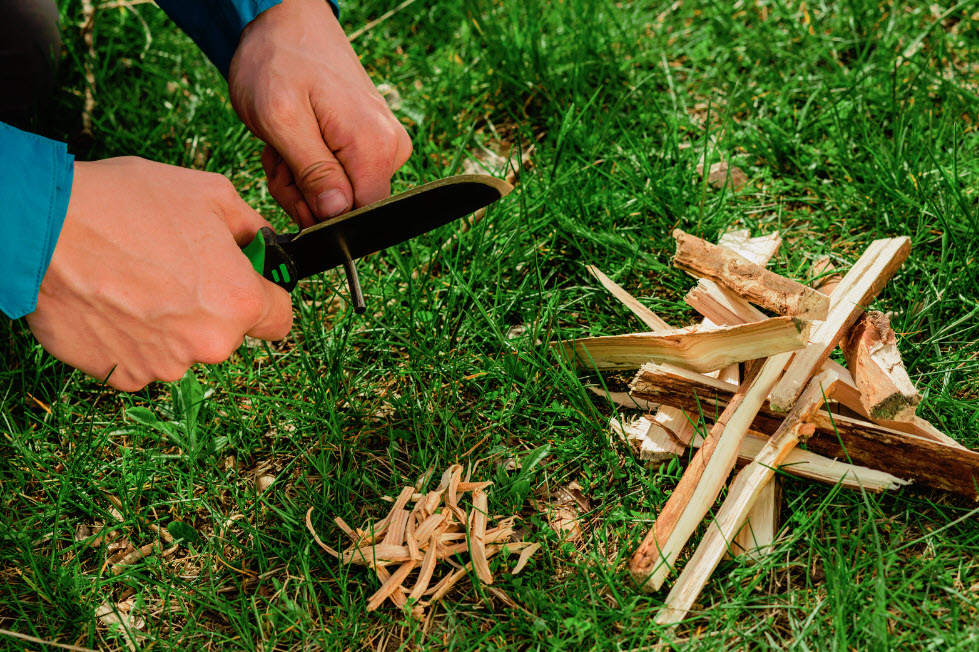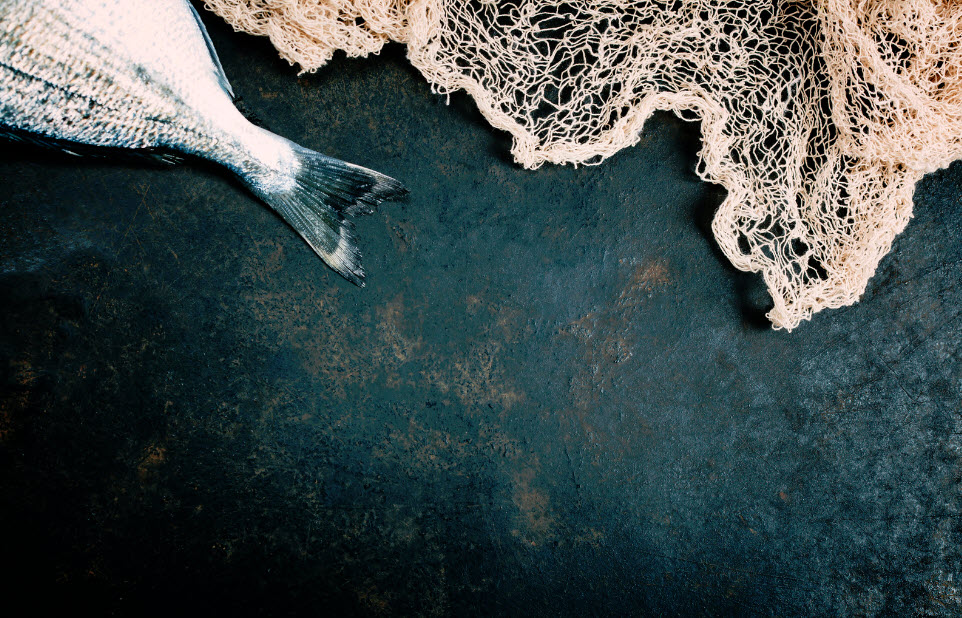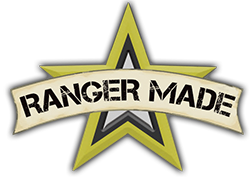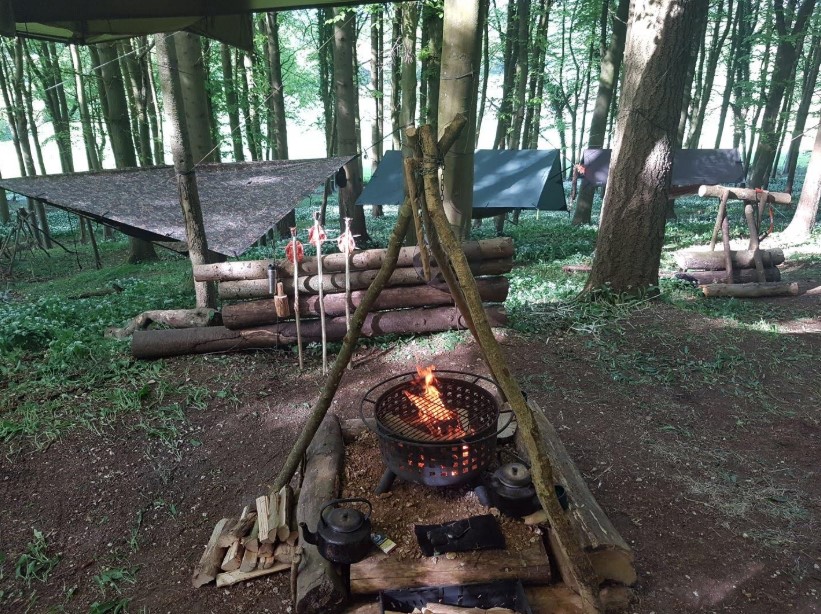
Unlike other activities in life, when it comes to bushcraft, the better skills you have, the fewer tools you’re going to need.
The devoted wilderness survivalists isn’t going to find out something new, but rather learn a thing or two about bushcraft. Even so, it may give you the proper idea about bushcraft- which is a lot more than surviving in the wilderness.
Page Contents
What’s to say about bushcraft in a nutshell?
Bushcraft is about using the resources that nature provides to survive and thrive out there. It involves knowing about plants and animals, using fundamental bushcraft tools so that you may survive easier outdoors.
The benefits of bushcraft are plenty, but here are the most important ones:
- Improves your self-esteem
- Helps you get better at adjusting to new situations
- It improves your survival skills
- Prepares you for the unexpected problems
- It makes you rely on yourself a lot more
The most fantastic part about bushcraft is that it’s not just about one thing. It’s a whole package of skills that you need for surviving and remove all obstacles in your way. Traditional bushcraft concentrates on wilderness survival, but you may very well use it for an urban/suburban kind of life.
The skills you need for bushcraft are going to serve you for many years to come, pushing you to become better and ready for unseen disasters. With the majority of skills and projects of bushcraft helpful for survival situations, it’s honest to say that bushcraft prepares you for the tough life, no matter where life takes you.
Which skills do you need for bushcraft?
A set of primitive skills is required in bushcraft, as you need them for shaping the surrounding world in one that helps you survive.
Here are the fundamental skills of bushcraft:
- Looking for food
- Trapping and hunting
- Building shelter
- Collecting and purifying water
- Building fire
Even though you may have learned about the skills in other situations, when it comes to bushcraft, you need to use those skills with just one essential tool.
Let’s take a closer look at each of the primary skills to see what are they all about:
- Looking for food implies:
- Recognizing the local plants
- Identifying the toxic plants
- Harvesting the right way
- Cooking in the outdoors
- Trapping and hunting sounds reasonably straightforward, but here’s what you need to know:
- Knowing how to read animal signs
- Tracking and stalking
- Hiding your human scent
- Making snares
- Tying reliable knots
- Cleaning and cooking your game
- Using lures efficiently
- Making cordage
- Building shelter is one skill you cannot do without in bushcraft:
- Carving trees
- Scoring branches
- Gathering various materials around you
- Using grass, bark, and other materials for roof
- Making cordage
- Tying good knots
- Create good and natural waterproofing and insulation
- Collecting and purifying water sounds easy, but here’s what you have to know:
- Building a water filter
- Going deep for water
- Building fire (you need to boil the water)
- Improvising a container so that you can carry water
- Building fire is one set of skills you have to have out there:
- Looking for tinder
- Gathering wood
- Scoring branches
- Creating a fire pit
- Building a fire plough or a bow drill
- Knowing to build several types of fire and how to use them right
What are the primary tools for bushcraft?
Bushcraft is the art of staying alive into the woods only with your clothes and one bladed tool. Every skill and almost every bushcraft activity requires you to use a bushcraft tool that eases out your efforts.
Scroll down to check the fundamental bushcraft tools:
- Bushcraft knife
The fixed blade knife is probably the most popular bushcraft tool. It’s vital that you take your time while selecting one so that everything goes more comfortable and faster in the woods.
You can use the bushcraft knife for light and medium-duty jobs such as:
- Skinning your game
- Carving small branches
- Making traps and snares
- Getting the food ready for cooking
- Machete
Briefly put, the machete is somewhere between a short ax and a big knife. You may use it in many situations, but its heavy and long blade works best in medium to challenging cutting jobs:
- Carving the large branches
- Clearing bush
- Digging
- Cutting wood
- Hatchet/tomahawk
One versatile tool you can use in bushcraft is the tomahawk. The small ax makes it as a reliable tool in the heavy-duty jobs:
- Splitting logs
- Cutting wood
- Splitting logs
- Digging
- Slaughtering the large game
- Banging posts or stakes
- Saw
You use the saw for more specific tasks, such as trimming branches. Even if it’s not as essential as a hatchet is, for instance, it’s incredibly efficient for cutting branches.
Get a saw if your bushcraft project involves a lot of wood. Here are some examples:
- Hut
- Platform
- Bush ladder
- Chair or camp table
Side note: The Bushcraft Backpack
Some don’t consider the backpack to be a tool, but it’s just as important as any other tools. It’s what you use for carrying all the different tools, and you should always pay attention when selecting it.
The bushcraft backpack has to be comfortable to carry and to provide enough space for everything you need in bushcraft. Look for a waterproof model that features numerous compartments, and avoid the large sacks. Organizing your items is essential!
Is there such a thing as the “best bushcraft tool”?
In all fairness, all the tools that we’ve mentioned can be used for most tasks in bushcraft. Adaptability is fundamental in bushcraft, and it applies for the tools as well.
Whatever you need at a specific time is the best tool, as long as you know how to use it. Most bushcraft projects only require you a knife, a saw, or a hatchet- you can use just one or pack a couple of tools. It’s either way.
Having a clear idea about the outcome counts a lot more than having a significant number of tools in your backpack. Do you think you’re going to go through some heavy chopping? If so, don’t forget to pack an ax! Is there a lot of carving in your project? Look for custom bushcraft knives instead!
Planning helps you know what tools you’re going to need precisely for your bushcraft project. It’s a lot easier when you have all the tools right for the job, for sure!
Are you a beginner? Here are some bushcraft projects to try!
There are many jobs for you to try when developing the fundamental bushcraft skills, and it’s wiser that you begin with the easy ones. You don’t want to lose faith, but tap your feet in the water to see what is bushcraft all about.
Here are some of the projects that you can give it a go if you’re a newbie:
- Collecting and purifying water
You don’t need to know all ways of purifying water (not in the first week, anyway). Choose just one method and practice it until you get it right. Whether it’s building a solar still, boiling, filtering or anything else, spend some time and practice it a lot. You may want to use bottled water at first, though.
- Looking for food
Take a walk in the woods and seek an edible plant (bring a book about plants to stay on the safe side). Once you find it, taste it!
- Trapping and hunting
Bushcraft involves a lot of knowledge, and you should read about the animals in your region. Learn about how they travel so that you’ll be able to recognize the animal tracks later on.
- Building fire
You should begin by building a small fire. Learn how to collect wood, how to find and prepare tinder, and how to build a fire per se. do you know already how to build it? Step up your game and give it a shot at building an upside-down fire!
- Building shelter
A debris hut is a basic shelter, and knowing how to build one can make the difference between staying alive or not throughout the night. Once your shade is done, check its water-resistance by pouring some water on it- is it going to stay dry? If you’re able to sleep in it, you’re on the right track.
The conclusion
There are many things you need and even more skills you have to develop for bushcraft. It’s easy when you know how challenging it is, so keep that in mind when you’re thinking about bushcraft.
Resources
What Is Bushcraft? Bushcraft Skills, Tools, & How To Learn
What is Bushcraft? – Craig Grant
7 Things You Need To Know About Bushcraft – Survival Cache

